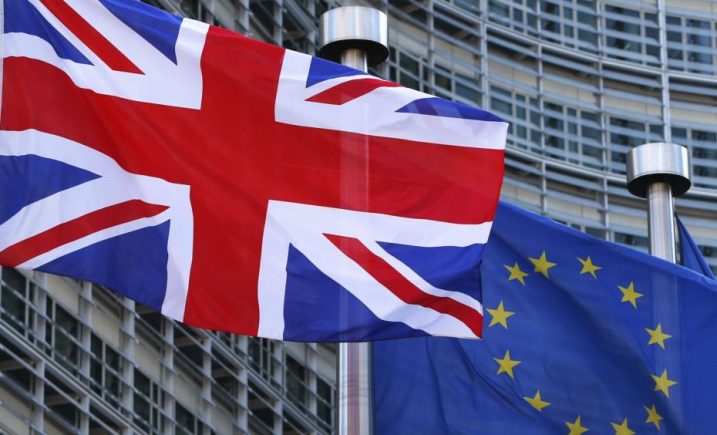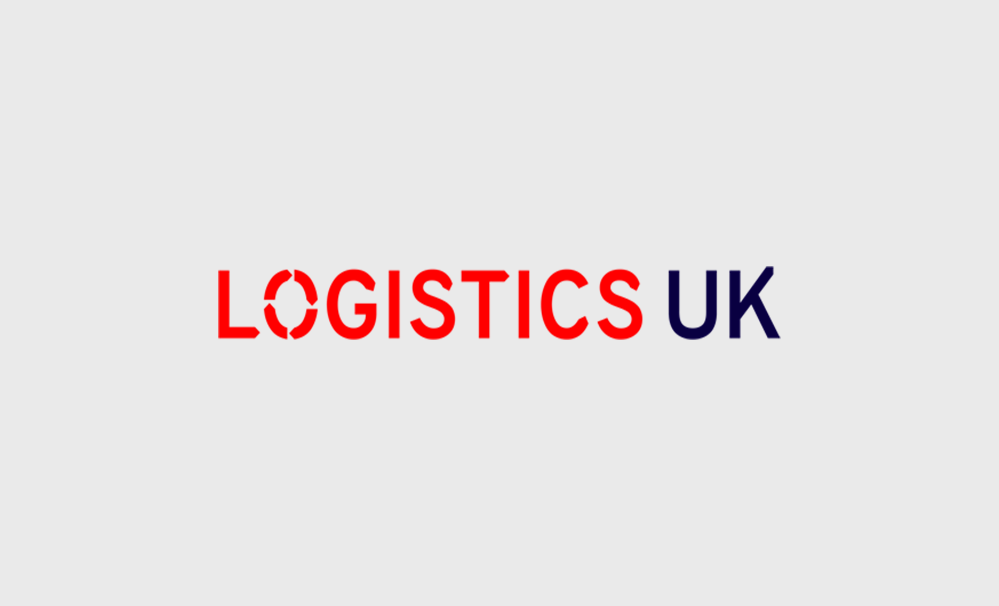Comments from Paul Westron, head of UK operations at DG International
Having no deal on trade means the outlook for companies trading with the EU becomes complicated for many reasons, including lack of infrastructure, lack of training on new customs clearance systems and lack of drivers.
Even having a trade deal in place would not mean we have free movement of goods. We are still likely to encounter all the same issues – lack of infrastructure, lack of training on new customs clearance systems and lack of drivers – just without tariffs.
The DDP (Delivery Duty Paid) conundrum
We are already hearing that EU customers are expecting suppliers to accept Delivery Duty Paid (DDP) terms. This will mean that UK suppliers will have to bear all shipping, clearance and duty costs. I am sure this will be applied to UK importers from the EU in a similar way, leading to either a squeeze in margins or a pricing standoff.
For example, the supplier will be thinking that as their costs are higher and they are paying duty their prices have to rise, however their customers cannot pay more and may look elsewhere. Those who cannot find an alternative supply at the right cost and quality are going to face rising prices.
Once costs are agreed what happens next?
The government has a £250 million fund for ports, but is that enough to get goods moving? The customs clearance system is moving from the Customs Handling of Import and Export Freight (CHIEF) system to the Customs Declaration Service (CDS), but it is unclear as to whether this will help keep goods moving.
No matter how much money is offered in government funds, infrastructure takes time to build – something we are now out of. Felixstowe port has not been able to cope with volumes over the last few months and haulage has been impacted massively, so increasing short sea routes to Europe will not help.
The volume of extra customs entries may be able to be sustained during the transition from the CHIEF to the CDS, but the UK does not have enough trained people to do, learn and implement this. This is the only moment in my many years in this industry that I can say I am glad customs agents are not regulated.
The Goods Vehicle Movement Service (GVMS) and Goods Movement Reference (GMR) system relies on drivers at its final point. Drivers receive a message on an app telling them if an inspection is required or not, which is over and above the normal clearance confirmation. There is already a shortage of drivers, and this additional workload is not going to help. With no time to train staff or trouble shoot issues, GVMS certainly has the potential, based on deadlines for implementation, to add to the infrastructure issues we already face.
Queues at ports are inevitable as the UK does not have the service or infrastructure in place to deal with what is to come. Covid-19 may help the situation by initially reducing volumes, however we need to consider what happens if staff at ports get symptoms. It could create even more mayhem.







